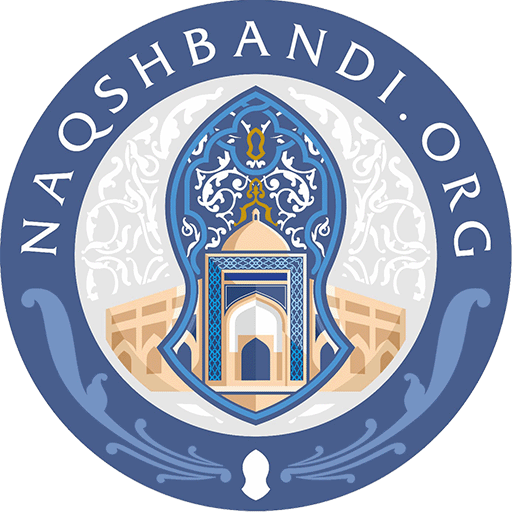Knowledge from Divine Presence
We are reading from my Grandsheikh’s lectures. Grandsheikh was an unlettered man, but Allah Almighty teaches some people because they put everything out of their hearts excepting their Lord, and they choose their Lord over everything—until their Lord loves them, and when He loves His servant He gives him treasures from His knowledge. No one can learn this knowledge through books, this knowledge which is called “`ilm-ul-laddunni,” or knowledge directly from His Divine Presence, as the Qur’an declares: “And We taught him knowledge from Our Divine Presence.” (Surat-ul Kahf: ayat 65). Outward religious knowledge is easy to obtain, even non Muslims can know it, but this knowledge can’t be gained except through purifying the heart of all created things, of all that exists besides Him Almighty.
One of those chosen people was our Grandsheikh Abdullah Ad-Daghistani, Sultan al-Awliya. He was telling us from his knowledge-treasures that every verse of Qur’an and hadith of the Prophet, Peace be Upon Him, contains every knowledge concerning everyone living, already passed away, or yet to be born in future generations; therefore, if a person is thinking about or pondering over verse of Qur’an or a hadith, he may attain the ability of clear distinction, and so he will find his way to his Lord with ease. If anyone takes up his journey with a holy verse or hadith, his path will become clear within himself, as Allah says about His Prophet that he is calling people to a clear, bright, clean and safe way. Therefore, it is important for everyone to search for a verse or a hadith and ponder it so that it will become clear to him and then, so many beneficial ways and Divine Signs will appear to him.
Grandsheikh said that each person will derive benefit from verses and hadiths according to his faith-power. The more faith-power he reaches, the more benefit he may derive; he may dive deeper and deeper into those meaning oceans contained therein. Grandsheikh said that Awliya may perceive at least twenty-four thousand meanings from one verse’s oceans of meanings. You can’t see anything in a drop of water, but when you are looking with a microscope you may see millions of living bacteria coming and going every which way. Therefore there cannot be any valid objection to this saying, and anyone who claims that there is only one meaning for an ayat is indeed a foolish person.
If anyone is objecting, we may say to him, “Oh my brother, look—Allah sent to Muhammad only one book. Now just look at the Islamic World and you will find huge libraries overflowing with
books, and the main source for all these books is the Holy Qur’an; millions of books on the whole range of Islamic topics (and very precious books at that) —where then, do all these books come from?” They are springing from the living source of the Holy Qur’an; they didn’t exist, nor could they have ever existed before the Qur’an was revealed. It is then but a small thing to say that a Wali can know at least of twenty-four thousand meanings for a verse. You can find libraries growing every day. Some Islamic authors wrote several hundred volumes on the meanings of Qur’an, and now even Europeans are joining the Muslims in writing about its meanings. This generation may write two or three books on every book which is presently in the library just for their clarification and explanation. And so, you may know that the Knowledge of Qur’an is constantly expanding.
If such is the case for scholarly knowledge of the Qur’an, then what about the knowledge of such people whose teacher is Allah Himself? Allah’s Knowledge is limitless, and for all He bestows upon His servants from it, still it will never decrease. We are never going to be satisfied with our level of learning, as mankind has a boundless yearning for knowledge. Therefore, Islam is best and Islam is highest—giving mankind as much knowledge as it could wish for, and explaining the reality of all existence. There is a proverb: Man will never be satisfied with regard to two desires—money and knowledge: whosoever seeks money will never say “enough,” and likewise he
who seeks knowledge will never say “enough.” This saying points out the two sides of man’s personality: the ego (nafs) asking for endless pleasures in this life and the soul asking for endless heavenly knowledge.
